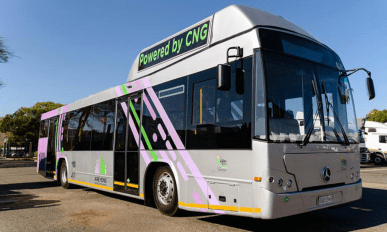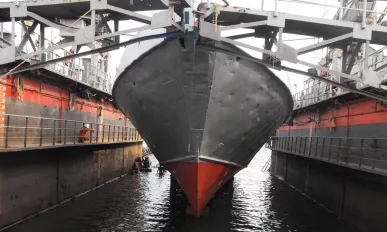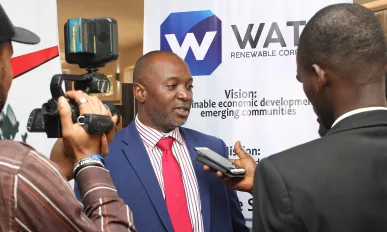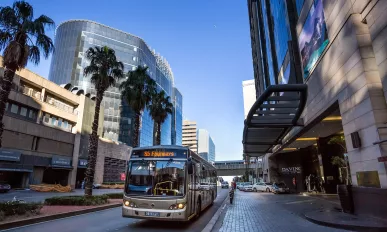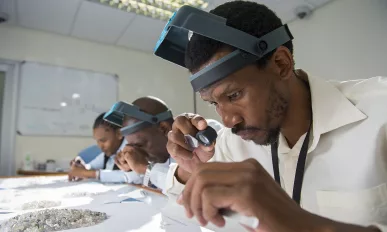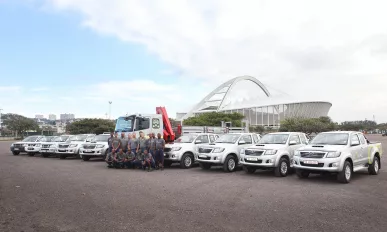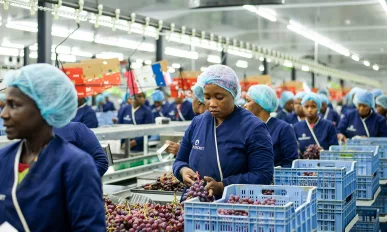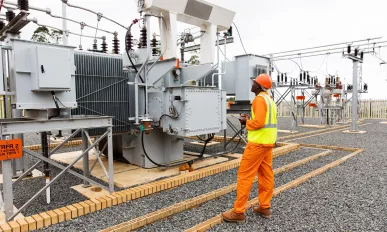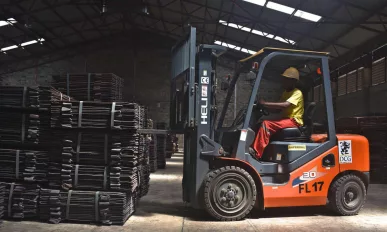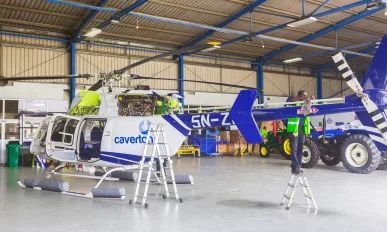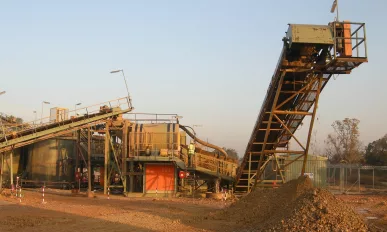Issue 71
Tshwane Rapid Transit : Modernising Mobility
Tshwane Rapid Transit is transforming the public transport scene in Pretoria and the surrounding municipality as it expands its efficient, modern BRT system.
Superfoam : Kenya’s Retail Dream
Testament to its innovative, competitive products, Superfoam is helping to energise a nation by simplifying good sleep.
Starzs Marine & Engineering : Nigeria’s Port of Call
Starzs Marine & Engineering has become a go-to shipyard operator for vessel owners calling in and out of Rivers State.
SPAR Namibia : A Brand Built on Trust
SPAR Namibia has established a reputation for quality and affordability thanks to its values of family, passion and entrepreneurship.
Pan African Towers : Prepped for Progress
Working across Ghana and Nigeria, Pan African Towers is effectively, efficiently and technologically helping to ready Africa for a new-era.
Metrobus : Transport Transformed
Powered by the City of Johannesburg, Metrobus is allowing the municipality’s economy to thrive through the provision of unrivalled public transport networks.
Lucara Botswana : A Diamond Legacy
Lucara Botswana is mining for the nation, its large premium diamonds being extracted and sold using leading-edge technology.
Klomac Engineering : Furthering Resource Efficiency
Klomac Engineering has risen to the fore of African utilities, implementing effective water treatment and chemical processes.
FVC International : Growing as One
FVC International is helping to safeguard South Africa’s fruit and veg industry by balancing risk and developing partnerships with growers.
Electricidade de Moçambique
Electricidade de Moçambique has been connecting communities for more than four decades, aiming for universal access to power by 2030.
DSM Corridor Group : Tanzania’s Cargo Curator
DSM Corridor Group continues to provide award-winning cargo handling services at the port of Dar es Salaam, Tanzania’s trading gateway
Caverton Helicopters : Nigeria’s Aviation Enthusiast
Caverton Helicopters has helped transform the nation’s oil and gas logistics industry with its extensive aerospace expertise.
Broadband Infraco : Connecting Communities, Transforming Lives
South Africa’s Broadband Infraco is embarking on a landmark project to extend connectivity services into rural areas.
Bassari Resources 2019 : Striking Gold in Senegal
Bassari Resources has made significant progress at its Makabingui Gold Project, looking to showcase the West African nation’s potential.



